What to Do When Your Betta Fish Is Not Pooping
Updated on 04/26/24
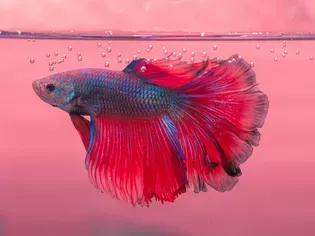
Betta Fish Constipation: A Comprehensive Guide to Causes, Symptoms, and Treatments
Your beloved Betta fish, known for its vibrant colors and flowing fins, has ceased to produce waste. This seemingly minor issue can be a harbinger of underlying health problems that require immediate attention. In this comprehensive guide, we will delve into the causes, symptoms, and effective treatments for constipation in Betta fish, empowering you to ensure the well-being of your aquatic companion.
Delving into the Causes: Why Your Betta Fish Is Not Pooping
Constipation, the infrequent or difficult passage of feces, can arise from various factors in Betta fish. Understanding these causes is crucial for developing an appropriate treatment plan:
1. Dietary Deficiencies:
* Insufficient Fiber: Betta fish require a diet rich in fiber to facilitate proper digestion and bowel movements. A lack of fiber in their food can lead to constipation.
* Low Protein Intake: Protein is essential for muscle function, including the muscles responsible for peristalsis, the wave-like contractions that move food through the digestive tract. A protein deficiency can weaken these muscles and result in constipation.
2. Water Quality Issues:
* Poor Water Conditions: Dirty water can irritate the digestive tract of Betta fish, leading to inflammation and constipation. High levels of ammonia, nitrites, and nitrates can also contribute to this problem.
* Low Water Temperature: Betta fish are tropical fish that require warm water temperatures to maintain their metabolism and digestive functions. Cold water can slow down their digestion and cause constipation.
3. Intestinal Obstruction:
* Swallowed Objects: Betta fish are curious creatures and may accidentally swallow small objects in their environment, such as gravel or decorations. These objects can obstruct the digestive tract and cause constipation.
* Parasites: Internal parasites, such as worms, can reside in the digestive tract and feed on the fish's food, leading to malabsorption and constipation.
4. Stress and Illness:
* Stress: Stress can affect the immune system and digestive functions of Betta fish. Chronic stress, such as overcrowding, poor tank conditions, or bullying from tankmates, can lead to constipation.
* Disease: Certain diseases, such as bacterial infections or swim bladder disorders, can disrupt normal digestive processes and cause constipation.
Recognizing the Signs: Symptoms of Constipation in Betta Fish
Observing your Betta fish's behavior and physical appearance can provide clues to the presence of constipation:
* Swollen Belly: A bloated or distended abdomen is a common symptom of constipation in Betta fish.
* Lethargy and Reduced Appetite: Constipated fish may become lethargic and lose their appetite due to discomfort and digestive distress.
* Straining to Poop: Betta fish may exhibit straining or wriggling behavior as they attempt to defecate without success.
* Pale or Discolored Feces: Constipated fish may produce small, hard, or discolored feces, indicating difficulty in passing waste.
* Loss of Color and Vitality: Chronic constipation can lead to a loss of color and vitality in Betta fish as their overall health declines.
Effective Treatments: Restoring Regularity in Your Betta Fish
Addressing the underlying cause of constipation is essential for effective treatment. Here are proven methods to help your Betta fish regain regular bowel movements:
1. Dietary Modifications:
* Increase Fiber: Introduce foods rich in fiber, such as boiled peas, zucchini, or brine shrimp, into your Betta fish's diet.
* Ensure Adequate Protein: Provide a diet with sufficient protein content to support healthy muscle function and peristalsis.
2. Water Management:
* Maintain Clean Water: Perform regular water changes to keep the tank clean and free from harmful toxins that can irritate the digestive tract.
* Optimize Water Temperature: Keep the water temperature within the ideal range for Betta fish, typically between 78-82°F (26-28°C).
3. Addressing Obstructions:
* Remove Swallowed Objects: If possible, carefully remove any swallowed objects from the tank that may be causing an obstruction.
* Treat Parasites: Treat for internal parasites if they are suspected to be the cause of constipation. Consult with a veterinarian for appropriate medication.
4. Stress Reduction and Illness Management:
* Reduce Stress: Identify and eliminate sources of stress in the tank, such as overcrowding, aggressive tankmates, or poor water conditions.
* Treat Illness: Address any underlying diseases that may be contributing to constipation. Consult with a veterinarian for proper diagnosis and treatment.
Additional Tips for Prevention:
In addition to the treatment strategies outlined above, the following preventive measures can help minimize the risk of constipation in Betta fish:
* Regular Feeding: Establish a regular feeding schedule to avoid overfeeding, which can lead to digestive problems.
* Variety in Diet: Provide a balanced diet with a variety of foods to ensure your Betta fish receives all the necessary nutrients.
* Exercise: Encourage regular exercise by providing enrichment activities, such as live plants and hiding places, to promote movement and digestion.
* Quarantine New Fish: Quarantine new fish before introducing them to the main tank to prevent the spread of diseases that can cause constipation.
* Regular Veterinary Check-ups: Schedule regular veterinary check-ups to monitor your Betta fish's health and address any potential issues early on.
Conclusion: Empowering You to Care for Your Betta Fish
Understanding the causes, symptoms, and treatments for constipation in Betta fish is essential for their well-being. By observing your fish's behavior, addressing underlying issues, and implementing preventive measures, you can ensure that your Betta fish enjoys a healthy and fulfilling life. Remember, seeking professional veterinary advice when faced with any health concerns is always recommended for the best possible care of your aquatic companion.
Explore More Pets
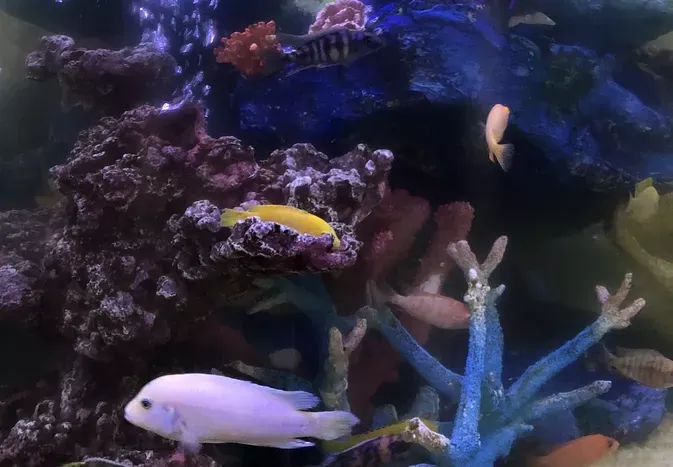
Freshwater Aquarium Filters
How to Deal With Cloudy Aquarium Water
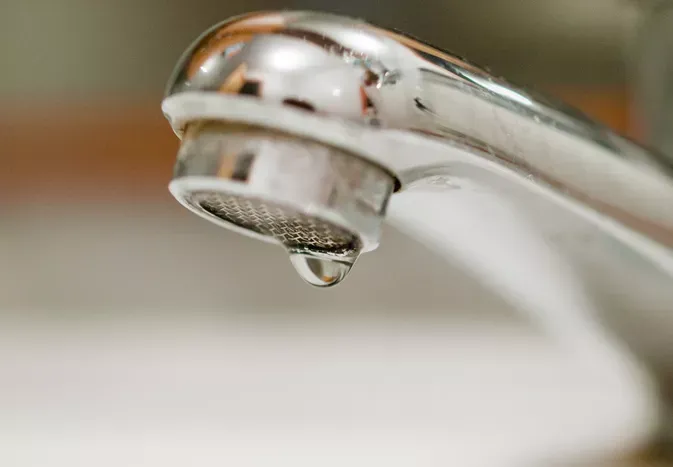
Saltwater Aquarium Filters
How Do You Remove Chloramines From Tap Water?

Freshwater Aquariums & Habitat
Can I Keep My Koi Fish Inside?
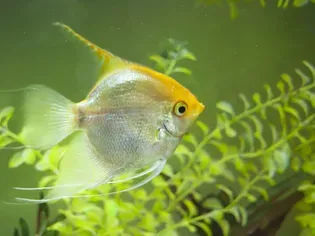
Saltwater Aquariums & Habitat
14 Best Floating Plants for Your Aquarium
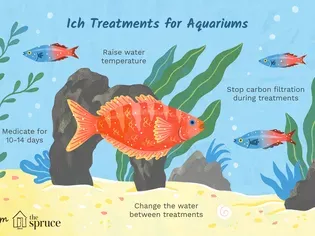
Freshwater Fish Health
How to Treat Ich on Freshwater Fish

Saltwater Fish Health
Fin Rot in Aquarium Fish

Freshwater Aquarium Filters
How to Do Aquarium Water Changes

Saltwater Fish Health
How Do Fish Get Parasites?